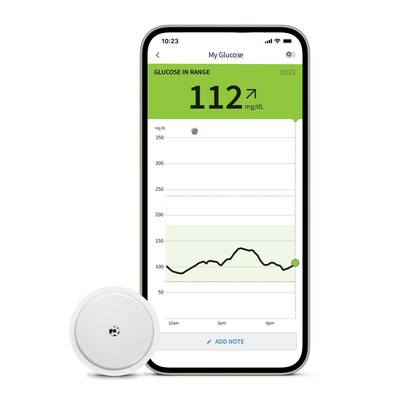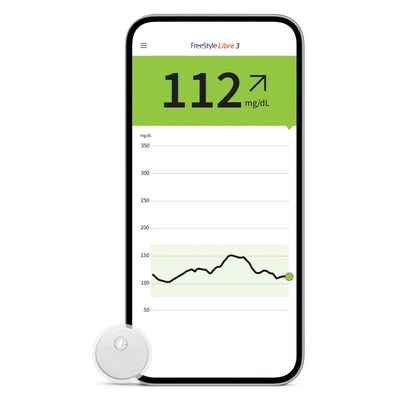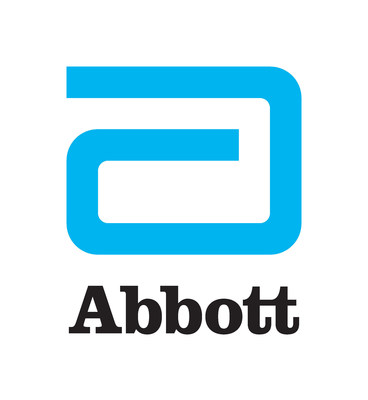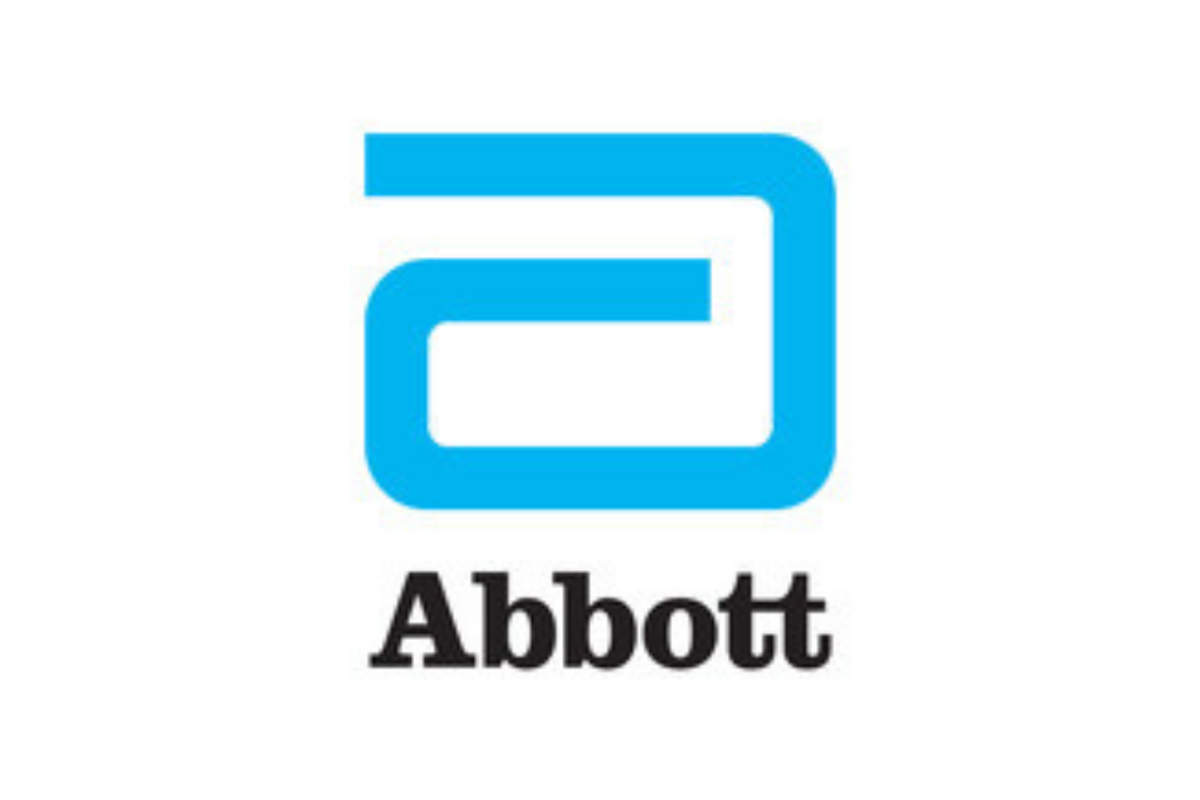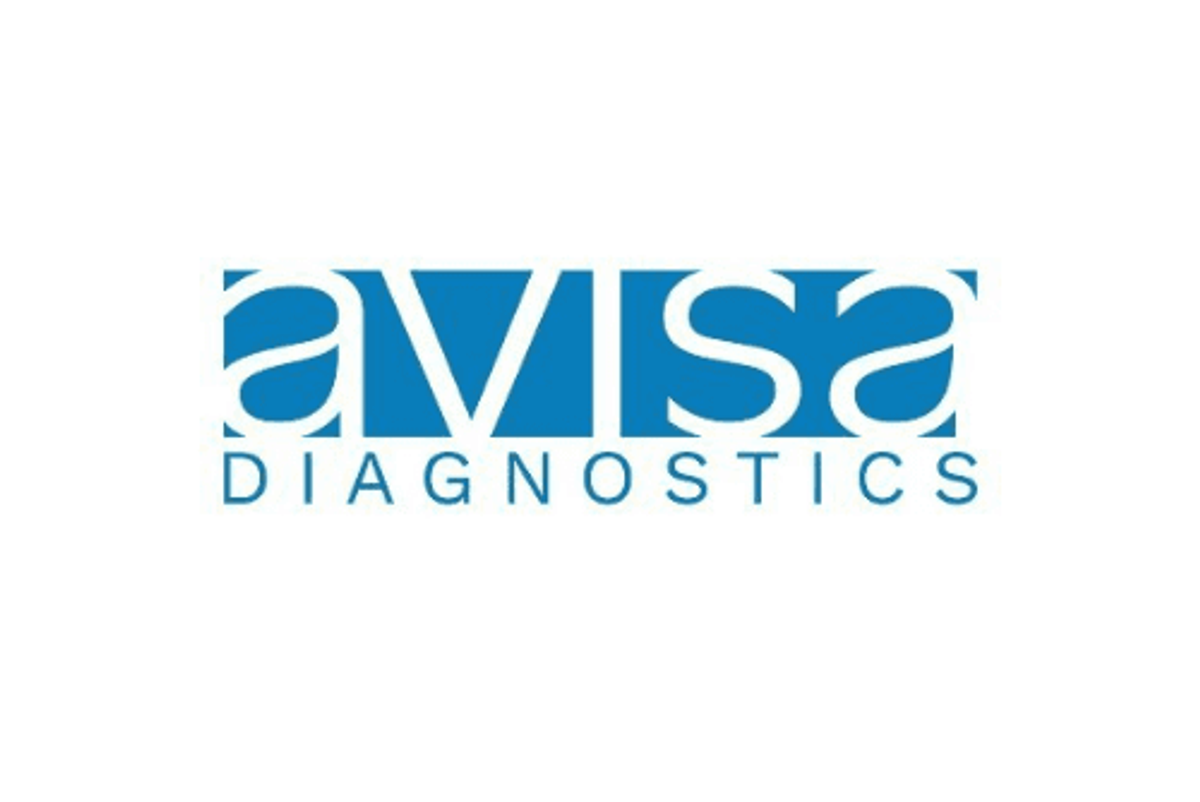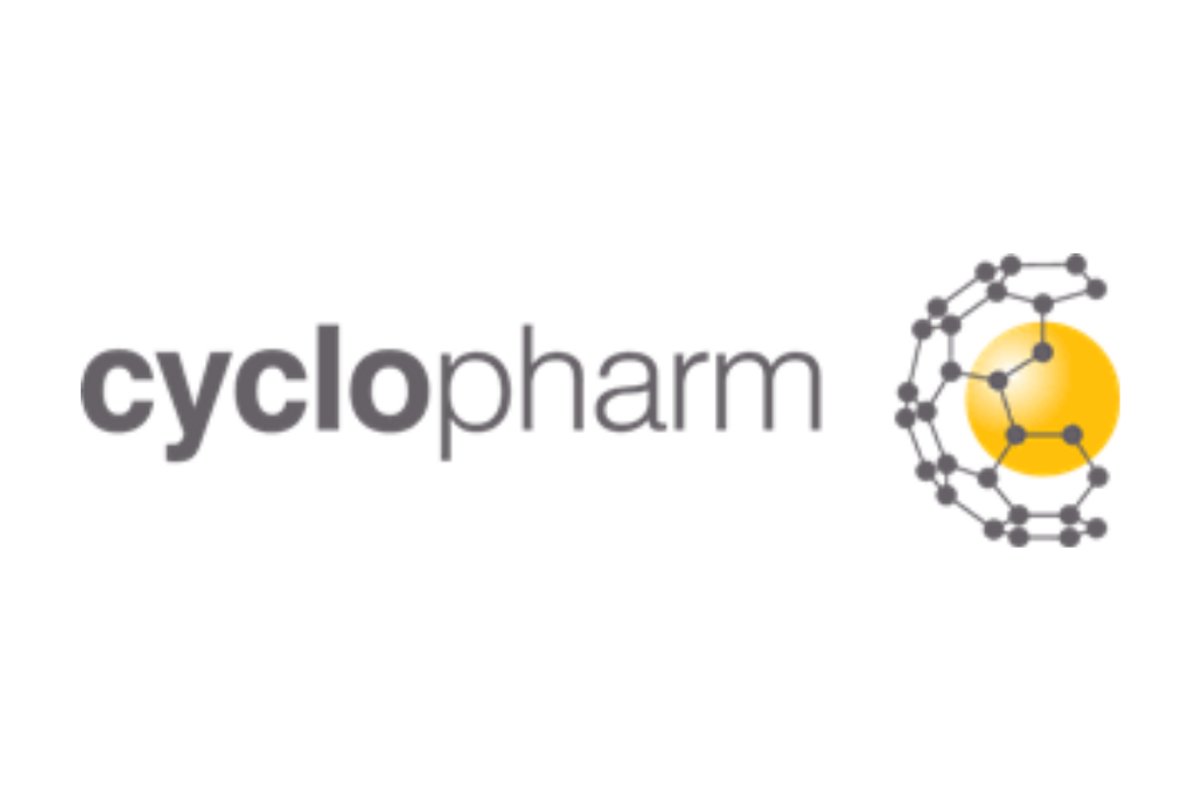- Abbott's world's leading 1 and affordable 2 integrated continuous glucose monitoring (iCGM) sensors are cleared for connectivity with automated insulin delivery (AID) systems in the U.S.
- Sensors also cleared for use by children as young as two years old, for use by women with diabetes who are pregnant, and for wear time up to 15 days
- Abbott (NYSE: ABT) today announced that the U.S. Food and Drug Administration (FDA) has cleared its FreeStyle Libre 2 and FreeStyle Libre 3 integrated continuous glucose monitoring (iCGM) system sensors for integration with automated insulin delivery (AID) systems. Abbott modified the sensors to enable integration with AID systems.
"Our goal is to make diabetes care as easy as possible," said Jared Watkin , senior vice president for Abbott's diabetes care business. "The FreeStyle Libre portfolio is already the most prescribed CGM in the United States³ and, with the integration of automated insulin delivery systems, people in the U.S. will soon have an affordable 2 option to pair with insulin pumps. This means less time thinking about diabetes and more time living."
AID systems help people manage daily diabetes care by automatically adjusting and administering the insulin delivered by an insulin pump based on real-time glucose data from their FreeStyle Libre 2 or FreeStyle Libre 3 sensors.
Abbott is working with leading insulin pump manufacturers to integrate their systems with the FreeStyle Libre 2 and FreeStyle Libre 3 sensors as soon as possible. The company is partnering with Insulet and Tandem for future integrations in multiple countries, including the U.S. Outside the U.S., Abbott's FreeStyle Libre 3 sensor is already authorized to work with the mylife™ Loop solution from Ypsomed and CamDiab in Germany , with additional launches in the UK, Switzerland and the Netherlands planned for the first half of this year.
The modified sensors were also cleared for use by children as young as two years old and for wear time up to 15 days. Current FreeStyle Libre 2 and FreeStyle Libre 3 sensors available today in the U.S. are approved for people four years and older and have a wear time of up to 14 days.
Additionally, the clearance allows for FreeStyle Libre 2 and FreeStyle Libre 3 sensors – both those available today and the modified sensors available in the future – to be used by women with all types of diabetes (Type 1, Type 2 and gestational) who are pregnant.
The modified FreeStyle Libre 2 and FreeStyle Libre 3 sensors will be available in the U.S. later this year. Over time, the modified sensors will replace the current FreeStyle Libre 2 and FreeStyle Libre 3 sensors available today in the U.S.
The FreeStyle Libre portfolio is the number one sensor-based glucose monitoring system in the world 1 , having changed the lives of 4.5 million people across more than 60 countries 4 by providing breakthrough technology that is accessible and affordable. 2
Important Safety Information
Failure to use FreeStyle Libre 2 or FreeStyle Libre 3 systems as instructed in labeling may result in missing a severe low or high glucose event and/or making a treatment decision, resulting in injury. If glucose alarms and readings do not match symptoms or expectations, use a fingerstick value from a blood glucose meter for treatment decisions. Seek medical attention when appropriate or contact Abbott at 855-632-8658 or FreeStyleLibre.us safety info.
About Abbott
Abbott is a global healthcare leader that helps people live more fully at all stages of life. Our portfolio of life-changing technologies spans the spectrum of healthcare, with leading businesses and products in diagnostics, medical devices, nutritionals and branded generic medicines. Our 115,000 colleagues serve people in more than 160 countries.
Connect with us at www.abbott.com , on LinkedIn at www.linkedin.com/company/abbott- , on Facebook at www.facebook.com/Abbott and on Twitter @AbbottNews .
- Data based on the number of users worldwide for FreeStyle Libre family of personal CGMs compared to the number of users for other leading personal CGM brands and based on CGM sales dollars compared to other leading personal CGM brands.
- Based on a comparison of list prices of the FreeStyle Libre 2 and FreeStyle Libre 3 systems versus competitors' CGM systems, assuming annual use of one receiver (or equivalent hardware) and quantity of transmitters and/or sensors according to use life. The actual cost to patients may or may not be lower than other CGM systems, depending on the amount covered by insurance, if any.
- Data on file, Abbott Diabetes Care. Based on the number of patients assigned to each manufacturer based on last filed prescription in US Retail Pharmacy and DME.
- Data on file, Abbott Diabetes Care.
![]() View original content to download multimedia: https://www.prnewswire.com/news-releases/us-fda-clears-abbotts-freestyle-libre-2-and-freestyle-libre-3-sensors-for-integration-with-automated-insulin-delivery-systems-301763020.html
View original content to download multimedia: https://www.prnewswire.com/news-releases/us-fda-clears-abbotts-freestyle-libre-2-and-freestyle-libre-3-sensors-for-integration-with-automated-insulin-delivery-systems-301763020.html
SOURCE Abbott

